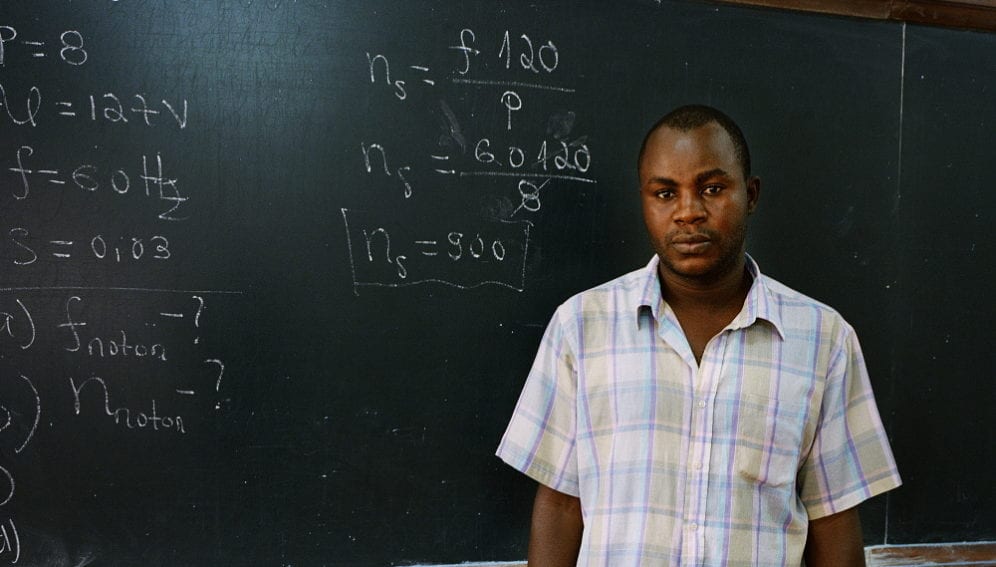By: Medha
Send to a friend
The details you provide on this page will not be used to send unsolicited email, and will not be sold to a 3rd party. See privacy policy.
[BONN, GERMANY] Germany is intensifying its academic ties with countries in Sub-Saharan Africa to improve higher education systems, according to a strategy document released last month (25 June).
The new plan aims to provide 1,000 additional university lecturers and to build more centres of excellence in Africa, and to boost university links between Africa and Germany and within Africa itself, by 2020.
The initiative makes use of the significant experience within the German Academic Exchange Service (DAAD), and was formulated in consultation with African universities, former DAAD alumni and regional university associations so as “not to inject a solution from outside”, says Michael Hörig, DAAD’s head of section for West and Central Africa.
“DAAD support to Africa is determined by our demands, and is not dictated by DAAD,” agrees Mayunga Nkunya, executive secretary of the Inter-University Council for East Africa. This, he says, ensures that the cooperation takes into account “the developmental needs of our countries”.
Nkunya identified provisioning of qualified academic staff and the development of quality assurance and benchmarking system for universities as critical challenges facing the higher education system in Africa.
The rapid growth of the African economy has increased demand for a qualified labour force, but years of under-funding, a dire shortage of qualified university-level teachers, and inadequate infrastructure have meant that higher education systems there are unable to provide it, the strategy says.
Provision of near-universal access to primary and secondary education in several countries in Africa is also boosting demand for higher education, says Cay Etzold, head of section for East and Southern Africa at DAAD.
Although the number of private universities has “mushroomed”, says Etzold, they are only partially controlled by governments, making it difficult to monitor their quality.
Hörig adds that governments in the region are keen to meet this demand but are restrained by lack of funds.
A crucial aspect of the plan is training scholars to take up teaching and research responsibilities at universities within Sub-Saharan Africa, with the aim of training at least 1,000 students between 2015-2020 through scholarships to study in German and select African partner universities.
Efforts will also be made to promote reintegration of DAAD post-graduate scholarship holders back into the university systems, and to encourage mobility of university teachers within Africa.
Regional university associations — the Association of African Universities, the African and Malagasy Council for Higher Education, the Inter-University Council for East Africa, and Southern African Regional Universities Association — are expected to play a central role in implementing these plans.
The strategy includes strengthening local capacity for research, and supporting the development of socially relevant, employment-oriented programmes and institutes.
DAAD has already established six ‘Centres of African Excellence’ to train future leaders, while also encouraging high quality research — two in South Africa (in development studies) and one each in Congo (microfinance), Ghana (development studies), Namibia (logistics) and Tanzania (law).
The strategy aims at another five such centres by 2020, possibly co-funded by African governments.
DAAD, which has been working Africa for 40 years, is mainly funded by the German Federal Foreign Office and other German government ministries. Funds for this initiative will be allocated from DAAD’s current funds and new German, African and international donors, says the document, though it does not reveal how much it will cost.














